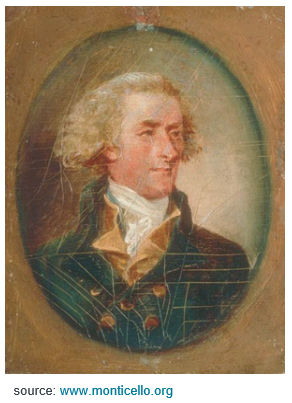On March 31st, a federal judge in the Southern District of New
York slashed a $12 million dollar punitive damages
award to billionaire and oenophile William Koch in his
lawsuit over counterfeit wine, finding the award – which
amounted to more than 33 times the compensatory damages award
– to be "so exorbitant that it is motivated by passion
rather than reason," and therefore excessive under New York
law.

In 2005, American industrialist and 1992 America's Cup winner William Koch spent $3.7 million on 17,000 bottles of rare wine that entrepreneur Eric Greenberg had consigned to a New York auction house, including 24 bottles of Bordeaux alleged to be owned by Thomas Jefferson. When the wine turned out to be counterfeit, Koch sued Greenberg, alleging that his misrepresentations and omissions concerning the authenticity of the wine constituted common law fraud, deceptive business practices and false advertising under New York's General Business Law. In July 2013, a jury agreed, and awarded the billionaire oenophile $355,811 in compensatory damages and $12 million in punitive damages.
However, despite the jury win, and the fact that he spent over $7 million litigating the matter, Judge Oetken denied Koch's request for attorney's fees and reduced the damages awarded by the jury. Central to the court's decision to deny Koch's request for attorney's fees, was the fact that Koch had twice rejected Greenberg's offer to fully refund him for the price of the counterfeit wine, preferring to litigate the matter instead. The Court also reduced the amount of compensatory damages from $355,811 to $212,699, to reflect Koch's settlement with the wine auction house related to the wine sail.
Finally, the Court slashed the punitive damages amount from $12 million to $711,622. In eliminating over $11 million awarded by the jury, the Court relied on the three punitive damages "guideposts" articulated by the Supreme Court in BMW of N. Am., Inc. v. Gore, 517 U.S. 559 (1996): (1) the degree of reprehensibility of the defendant's misconduct, (2) the disparity between the actual or potential harm suffered by the plaintiff and the punitive damages award, and (3) the difference between the punitive damages awarded by the jury and the civil penalties authorized or imposed in comparable cases. The Court acknowledged that Greenberg's conduct was indeed reprehensible and flagrant, yet after considering the second and third factors, the Court declined to uphold the punitive damages. The Court found that the harm to Koch was purely economic in nature and, as wealthy oenophiles bidding on luxury items, the targets of the harm were not considered financially vulnerable. Furthermore, there was no physical injury at issue. In light of these considerations, the court held that "an award of punitive damages greater than two times compensatory damages would be so exorbitant as to be actuated by passion, and therefore excessive under New York law."
A copy of the decision is available on the SDNY website.
Court Puts a Cork in Billionaire's Punitive Damages Award In Counterfeit Wine Case
The content of this article is intended to provide a general guide to the subject matter. Specialist advice should be sought about your specific circumstances.

